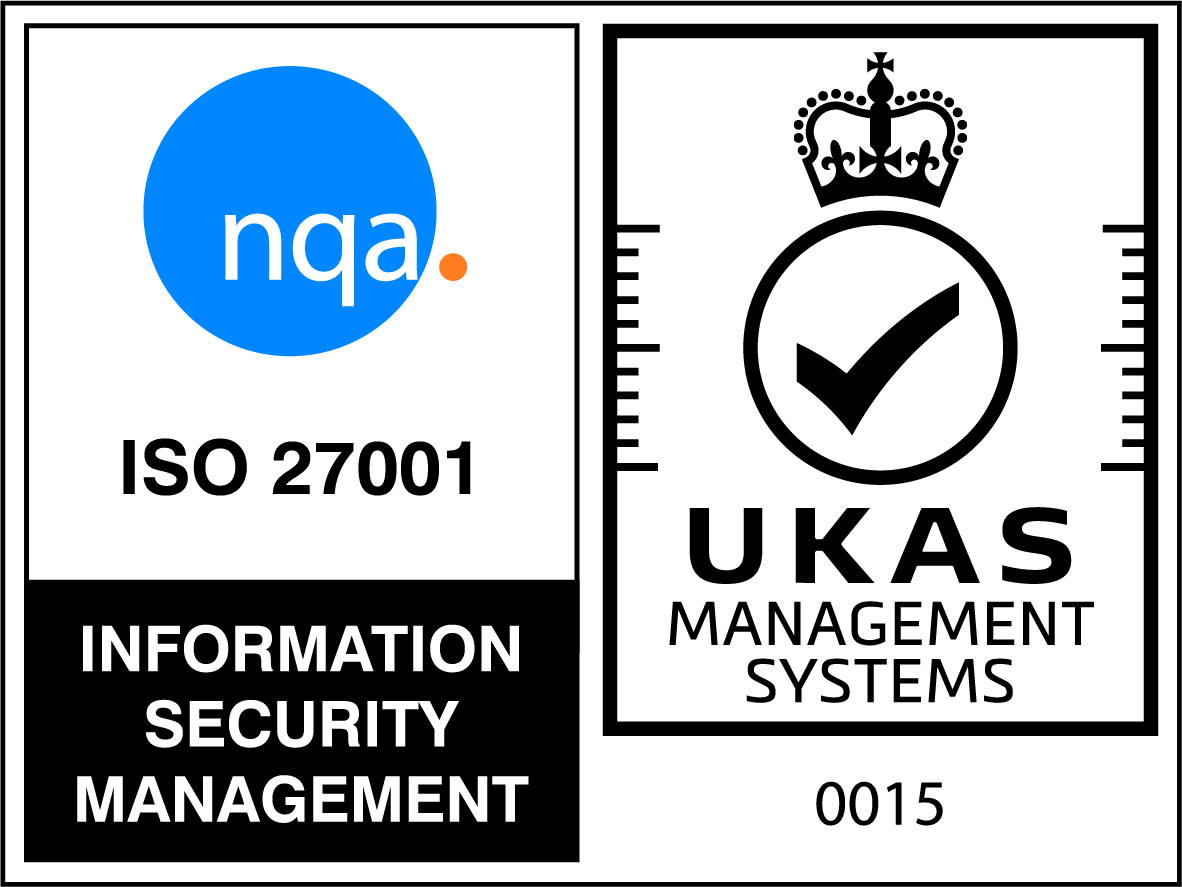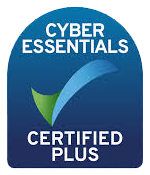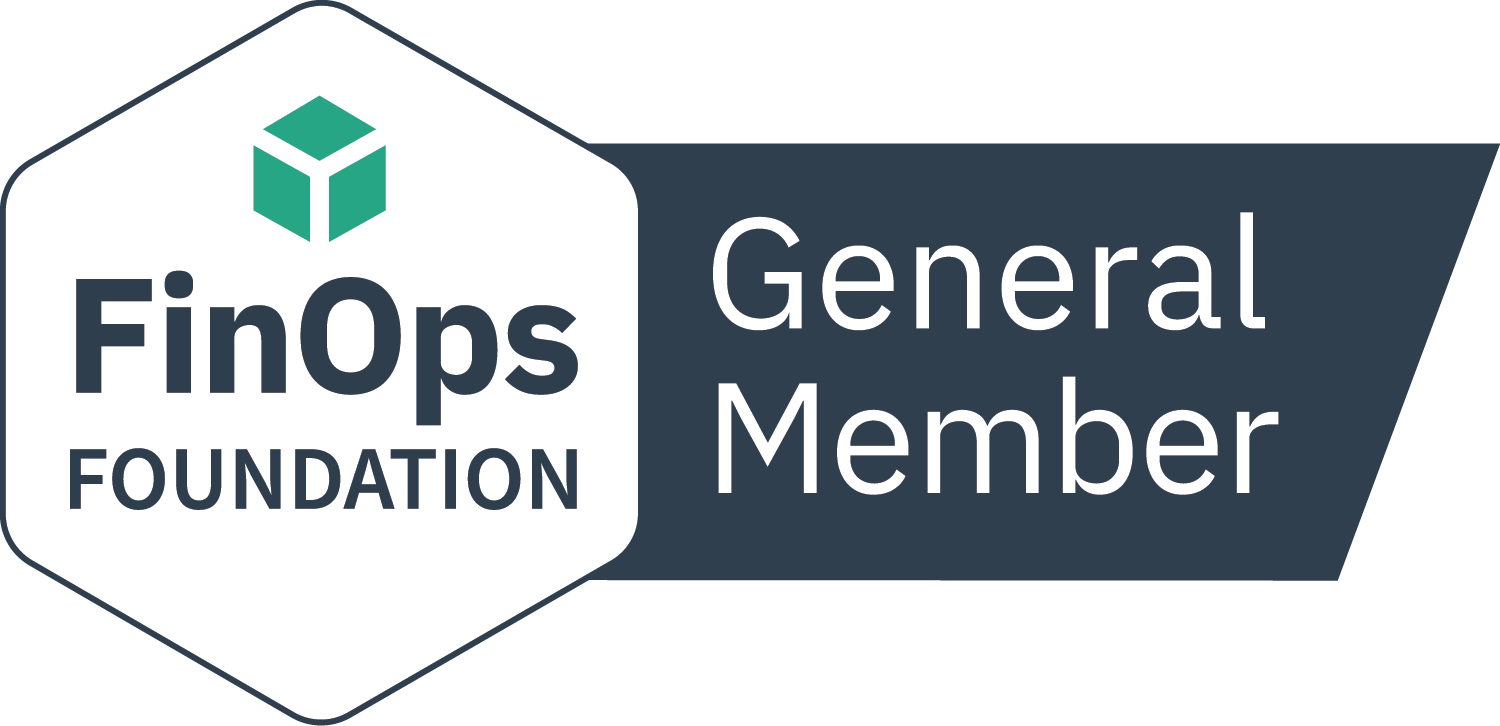John Mattinson, Operations Director, Certero
What is an Oracle ASFU license?
Oracle ASFU License (Application Specific Full Use) is a restricted type of license sold by an Oracle technology partner or solutions provider (e.g. SAP) to be used in conjunction with a specific, defined partner-owned application.
Oracle ASFU license and the Oracle Partner Network
Organizations planning to use Oracle software in this way are required to join the Oracle Partner Network and to maintain that membership for the duration of the ASFU agreement. They also agree to the Oracle Partner Network Master Distribution Agreement and its addendum the Application Specific Full Use Program Distribution agreement.
They are asked to define the “application package” itself by using the appropriate registration form and each “application package” requires a distinct and separate registration form.
Oracle software obtained as part of ASFU can only be used in conjunction with the specified third-party application and must not be used separately without additional licensing. This applies to both the application owner and to the eventual end-user.
Qualifying for Oracle ASFU licensing
In order to qualify for ASFU Oracle licensing, the third-party application must be commercially available to multiple end-users (not, for example, exclusive to a certain type of user or group) and have end-user documentation.
It is also the application owner’s responsibility to ensure the end-user agreement they have with their own customers includes some very specific clauses, among which are ensuring their end-users are aware of the Oracle program usage restrictions, Oracle’s intellectual property rights to its programs and preventing the end-user from giving away or transferring programs to someone else.
Maintenance and Technical Support
Because the ASFU license is part of a third-party application, this also means all technical support responsibility transfers to the third-party (the application owner). Of course, this also requires the third-party to have maintained their own technical support with Oracle to ensure all patches and updates are included for the Oracle programs under the ASFU.
Maintenance on ASFU licenses can be managed through the provider as documented above or, if the end-user prefers to maintain these licenses themselves, they can be migrated to Full Use at an additional cost from Oracle.
Oracle ASFU license and compliance
Ultimately, ASFU agreements can be complex with clauses and definitions that must be fully understood for each partner/customer and then communicated to the end-users to ensure compliance. It is also likely that Oracle software covered by an AFSU license will be restricted in what features (such as management packs) can be enabled. Getting this wrong can create Oracle compliance issues.
However, as long as the end-user fully abides by the AFSU software usage terms, the responsibility for compliance with the Oracle ASFU conditions will usually rest with the Oracle partner, as it is their responsibility for ensuring they understand how and where Oracle software can be used within their application in accordance with the ASFU terms.
That said, it can be time-consuming and distracting to have to manage such an audit without the correct inventory and licensing information to hand.
Oracle Audit Approach
It is also worth noting Oracle approach ASFU audits separately to “standard” in-house audits which means Oracle customers who are both ASFU partners and Oracle end-users run the risk of two possible audit approaches..








